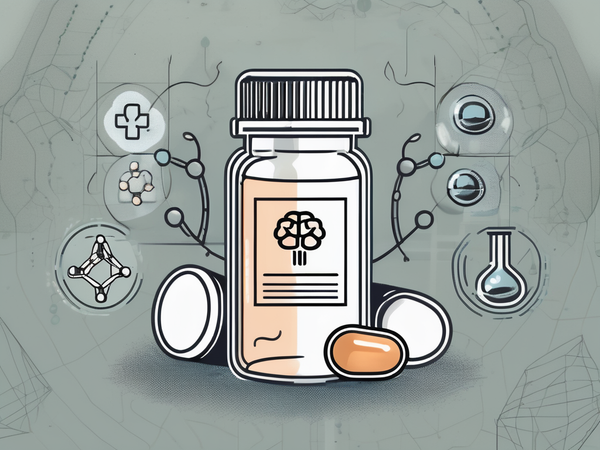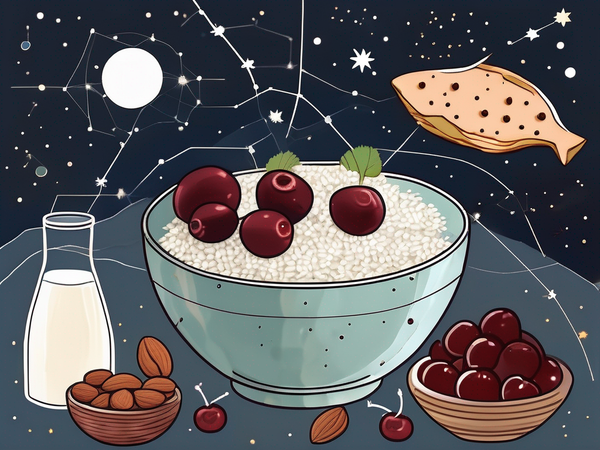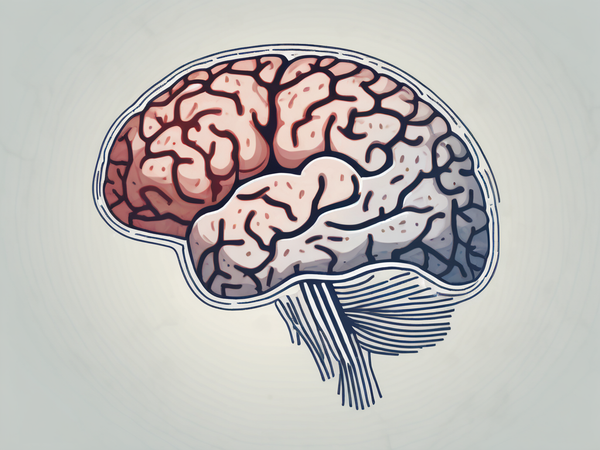In Ayurvedic medicine, ashwagandha, also known as Indian ginseng, is well-known for its capacity to reduce stress. On the other hand, those who cross time zones frequently utilize melatonin to combat jet lag. Your body naturally produces this hormone that causes you to fall asleep, and similar results are obtained by having it externally. Technically, these two ingredients go together, considering the inversely proportional relationship between the two, but do they really work that well together? Continue reading to learn whether it is advisable to combine the use of ashwagandha & melatonin supplements.
Ashwagandha & Its Role in Relieving Stress
Withania somnifera, or Ashwagandha, is the most important and popular herb in Ayurveda. It has been used as a Rasayana (tonic) for kids, adults, and seniors. Having it as an everyday tonic is said to increase longevity. Just like other Rasayana herbs, Ashwagandha also possesses adaptogenic properties. It relieves stress, protects your brain, and improves your cognition.
1. It reduces cortisol levels with regular supplementation
Let’s understand our stress response. When you are stressed, adrenaline starts acting, and your cortisol levels rise. Your brain shifts into fight or flight mode, and adrenalin ceases activities that are not necessary for your survival. It prioritizes the process of getting energy from the stored fat and glucose reservoirs and increases blood circulation to the lungs, hearts, limbs, and brains. It does what it can to keep you safe. The situation remains unchanged until the cortisol levels come down. Since the digestive system and a few other processes are shut down as a part of your stress response, it affects your metabolism, immune system, and, most importantly, your gut microbiota. Hence, it is important to keep your cortisol levels low, which also requires you to be stress-free.
A study was conducted to see if Ashwagandha reduces cortisol levels over time. The results revealed that 225 mg and 400 mg of Ashwagandha every day reduced cortisol levels significantly over the span of 30 days.
2. Ashwagandha also takes care of your brain.
Ashwagandha has been proven to be effective against neurodegenerative diseases such as Parkinson’s, Huntington’s disease, and Alzheimer’s disease. There are two phenomena that signify the onset of neurodegenerative diseases: Neural Atrophy and Synaptic Loss.
Neural atrophy, or brain atrophy, refers to the loss of neurons and the connection between them. Synaptic loss is the failure of a synapse, which is the meeting point of two neurons through which information is passed. Loss of neurons and/or failure of synapses both hinder the normal functioning of the nervous system and are major indicators of neurodegenerative diseases.
Synaptic loss and neuritic atrophy are slowed, stopped, reversed, or eliminated by ashwagandha.
3. Ashwagandha also works as an antidepressant
Ashwagandha has been used as a mood stabilizer. It helps relieve anxiety and depression and uplifts your mood. Studies have shown that its antidepressant effect is similar to that of imipramine and Lorazepam, which are popular medicines used for treating symptoms of depression.
Melatonin & Its Role in Regulating the Sleep Cycle
Melatonin is a hormone present in our body that helps us sleep at night. In a typical sleep-wake cycle, melatonin levels rise & cortisol levels reduce as the sun goes down, and the reverse happens in the morning. Increased melatonin levels are how your brain knows that it’s time to sleep; hence, melatonin is the most important hormone that controls the sleep-wake cycle.
The secretion of melatonin depends on the cues received from your eyes. Once your eye tells your brain that it’s getting dark, your brain starts releasing melatonin, and after 2-3 hours, you’ll start feeling sleepy. This is precisely why experts suggest that you should not use your phone before sleeping, because your brain perceives blue rays as daylight.
Although it is primarily an endogenous hormone, it is also available in the form of melatonin strips, tablets, capsules, etc. Some organic, plant-based sources of melatonin used in natural melatonin supplements are Herbatonin, Asian Rice, Alfalfa, and Chlorella.
Melatonin is recommended for -
- Insomnia or sleeplessness
- Age-related Insomnia
- Relieving symptoms of anxiety and depression
- Treating circadian rhythm sleep disorder
- Managing jet lag
- Workers who often do night or early morning shifts
- Neurodegenerative disorders
Do Ashwagandha and Melatonin work together?
Ashwagandha and melatonin aren’t similar to each other; rather, they focus on two different areas of brain health. But they both complement each other so well.
Whether you are seeking a good night’s sleep or are finding ways to ease your constantly rising anxiety, Ashwagandha and Melatonin are two ingredients that can help you do both. This is because sleep and stress are linked.
High Stress can lead to sleepless nights, & less sleep at night can lead to high-stress levels. In scientific terms, we can say that stress is inversely proportional to sleep. As one side increases, the other decreases.
Ashwagandha, although a stress reliever, helps you sleep better by uplifting your mood and reducing cortisol levels. As mentioned before, cortisol levels drop during the night. However, when you are stressed, cortisol levels stay high, putting your body in a high-alert phase and keeping you awake.
Similarly, melatonin, which is essentially a sleep hormone, helps you manage anxiety & excessive stress by regulating your sleep cycle.
In this way, they both work together to enhance the final outcome.
How to have Ashwagandha and Melatonin Together?
You can have ashwagandha with milk at night, or you can opt for a sleep supplement that contains both of these ingredients in the right doses. Just make sure you take a Melatonin supplement 30 minutes before your sleep time. Unlike sleep medicines that instantly make you sleepy, melatonin works naturally with your body and hence takes some time to show its effects.
Wrapping Up
Stress and sleep are closely linked. This is precisely why Ashwagandha and Melatonin are the only natural sleeping aids you need. One relieves your stress, the other gives you good sleep. Together, they give you restful nights and stress-free, energetic days. Moreover, they don’t have serious side effects and aren’t addictive. Having said that, we insist that you consult a doctor to find the real cause of your disorders if the Ashwagandha & Melatonin supplements do not work.
References
https://www.sciencedirect.com/science/article/pii/S0975947621001558
https://www.ncbi.nlm.nih.gov/pmc/articles/PMC3252722/




























 DOWNLOAD NOW
DOWNLOAD NOW
